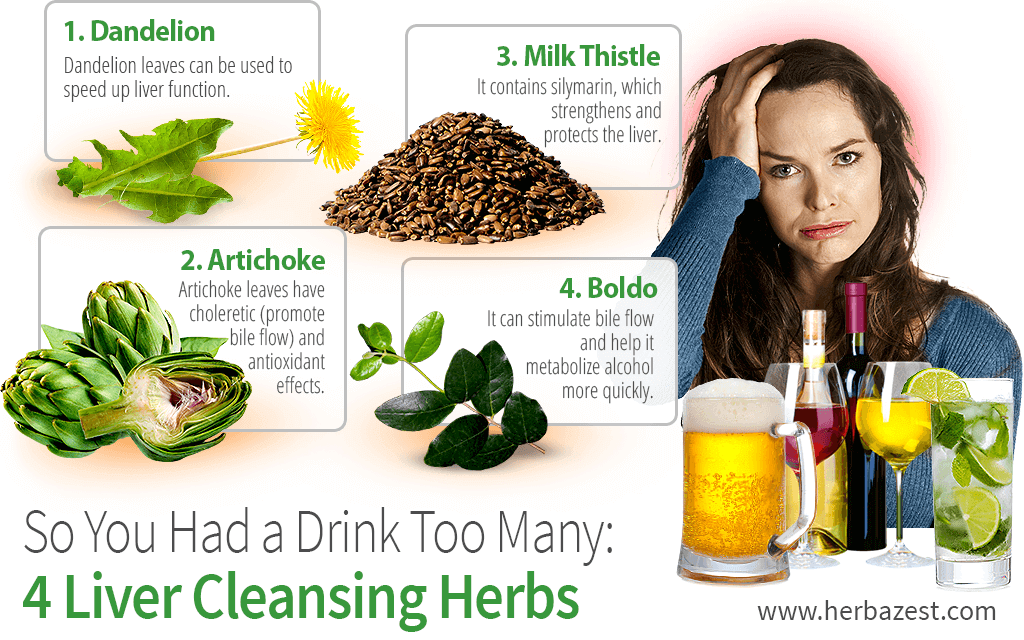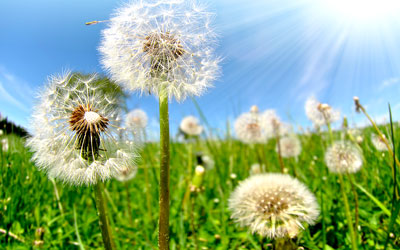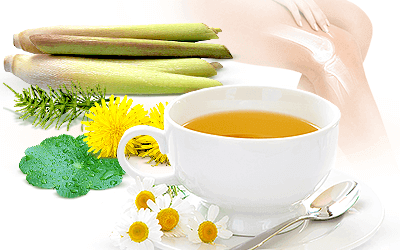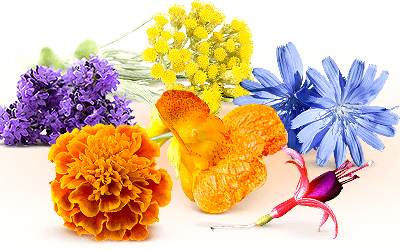Headaches, nausea, dizziness, and dehydration are some of the symptoms of a well-known, self-inflicted condition - a hangover1. When you consume alcohol, your liver will work hard to metabolize it and remove it from your body. Fortunately, Mother Nature has remedies that can help your liver cleanse itself and return to its optimal state the morning after a heavy night.
1. Dandelion (Taraxacum officinale)
While dandelion may be the "enemy of suburban lawns," it can also be your liver's best friend. Its leaves are packed with nutrients, including vitamins A, C, D, and B complex as well as minerals, like magnesium, potassium, calcium, zinc, and iron. Dandelion leaves have been used to support a sluggish or congested liver for centuries. Adding raw dandelion leaves to a salad after consuming alcohol will stimulate the flow of bile in the liver to speed up the metabolism of alcohol2.
2. Artichoke (Cynara cardunculus var. scolymus)
Artichoke is one of the oldest cultivated herbs, originating in Ethiopia. The flower is popularly cooked and eaten as a vegetable, but it is the leaves of the artichoke that have liver-cleansing abilities. The cynarin and phenolic acids in the leaves are thought to have antioxidant and choleretic effects3, which means they stimulate the flow of bile in the liver. Dried leaves can be steeped in water to help cleanse the liver during a hangover.
3. Milk Thistle (Silybum marianum)
Milk thistle is regarded as one of the most effective herbs for liver detox. The seeds of this Mediterranean plant contain a flavonoid called silymarin, which is commonly used in tinctures, extracts, or capsules to relieve the side effects of alcohol consumption. Silymarin protects the liver from alcohol4 and promotes the regeneration of depleted liver cells. The seeds also have potent anti-inflammatory and antioxidant properties, offering a well-rounded protection.
4. Boldo (Peumus boldus)
The leaves of the South American evergreen shrub, boldo, have significant cleansing and antioxidant properties due to their high flavonoid and alkaloid content. The leaves can stimulate bile flow in the liver5 to help metabolize alcohol molecules and protect the liver from potentially toxic chemicals. Like artichoke leaves, it is best to steep dried boldo in boiling water to enjoy its cleansing effects after drinking alcohol.
Alcohol is a diuretic - it removes fluids from the body - so it's important to drink lots of water alongside any of these liver cleansing herbs in order to replenish lost fluids. Slowly sip on an infusion of any of these herbs for hangover throughout the day and give your body time to recuperate. It will thank you for it.
Sources
- National Center for Complementary and Alternative Medicine, Dandelion, 2012
- National Institutes of Health, Milk thistle, 2014
- Journal of Ethnopharmacology, Efficacy of different Cynara scolymus preparations on liver complaints, 2003
- Phytotherapy Research, Effect of boldo (Peumus boldus Molina) infusion on lipoperoxidation induced by cisplatin in mice liver, 2009
Footnotes:
- Addiction.(2008). The Incidence and Severity of Hangover the Morning after Moderate Alcohol Intoxication. Retrieved February 02, 2021, from: https://www.ncbi.nlm.nih.gov/pmc/articles/PMC3864560/
- Food and Chemical Toxicology. (2010). In vitro and in vivo hepatoprotective effects of the aqueous extract from Taraxacum officinale (dandelion) root against alcohol-induced oxidative stress. Retrieved February 02, 2021, from: https://pubmed.ncbi.nlm.nih.gov/20347918/
- Phytomedicine. (1994). Increase in choleresis by means of artichoke extract. Retrieved February 02, 2021, from: https://pubmed.ncbi.nlm.nih.gov/23195882/
- World Journal of Hepatology. (2014). Hepatoprotective effect of silymarin. Retrieved February 02, 2021, from: https://www.ncbi.nlm.nih.gov/pmc/articles/PMC3959115/
- Planta Medica. (1991). Hepatoprotective and anti-inflammatory effects of a traditional medicinal plant of Chile, Peumus boldus. Retrieved February 02, 2021, from: https://pubmed.ncbi.nlm.nih.gov/1891491/







